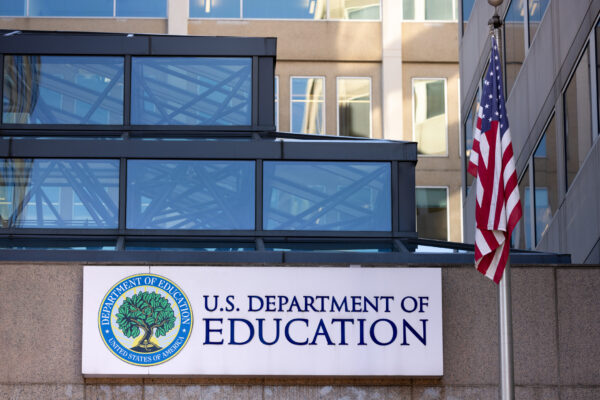On April 11, FBI Director Christopher Wray told the House Appropriations Committee:
…We’ve seen the threat from foreign terrorists rise to a whole ‘nother level after October 7…Looking back over my career in law enforcement, I’d be hard pressed to think of a time where so many threats to our public safety and national security were so elevated all at once.
Two days after Wray’s testimony, Iran made its first-ever direct attack on Israel. Iran has joined what some have termed an “unholy alliance” with Russia and China to support Russian President Vladimir Putin’s war against Ukraine and China’s expansionist policies across the globe.
Here at home, the anti-semitic, pro-Hamas protests in US universities are unlike anything we have seen in our country, as students are making explicit pro-terrorist statements and calling for annihilation of Israel and Jews. The situation at the US border grows more alarming as the numbers of unknown entrants, many from countries with terrorist ties, have been on the rise. These events abroad and at home indicate the US has entered a new era of emboldened adversaries.
Reflecting the FBI Director’s statement, voters are recognizing the increasing global threats we face. From a new survey for Winning the Issues (April 27-29, 1000 registered voters), a majority of voters (56%) believes that the US is facing the highest level of terrorist threats to public safety in decades (56-27 believe-do not believe). In terms of the campus protests we are seeing in universities like Columbia and Harvard, some have tried to dismiss their seriousness as comparable to campus protests of the 1960s. But our research shows that voters see the current protests as much more threatening to other students than protest movements of the past (47%), rather than similar to Vietnam War protests (40%).
Since the beginning of the year, we have seen an increase in the percentage of voters believing that America’s adversaries have been emboldened as a result of its standing in the world being weakened (55-19 believe-do not believe in late April, up from 51-25 in February). This belief system is not unique to Republicans who believe this by a very large margin (64-10), with 70% of conservative Republicans believing this. Independents (56-19) and a plurality of Democrats (45-28) also take this view.

This sense of weakened international standing goes back to the Biden administration’s disastrous withdrawal from Afghanistan. The president’s job approval on foreign policy (35-55 approve-disapprove) struggles at the same scale as his overall job approval (38-55) and economic job approval (37-56). Disapproval with his handling of foreign policy is not isolated to Republicans; independents disapprove of his handling of foreign policy by more than 2:1 (26-63).
Events of recent months have demonstrated that the threats from Iran, China, Hamas and Russia are no longer isolated incidents; they are interconnected with global implications. Two-thirds of the electorate (67%) see the wars in Ukraine and Gaza as conflicts with global implications rather than isolated wars (23%), and this view is consistent across party.
In this new era of seeing old adversaries act in unprecedented ways, America must rise to the occasion.







